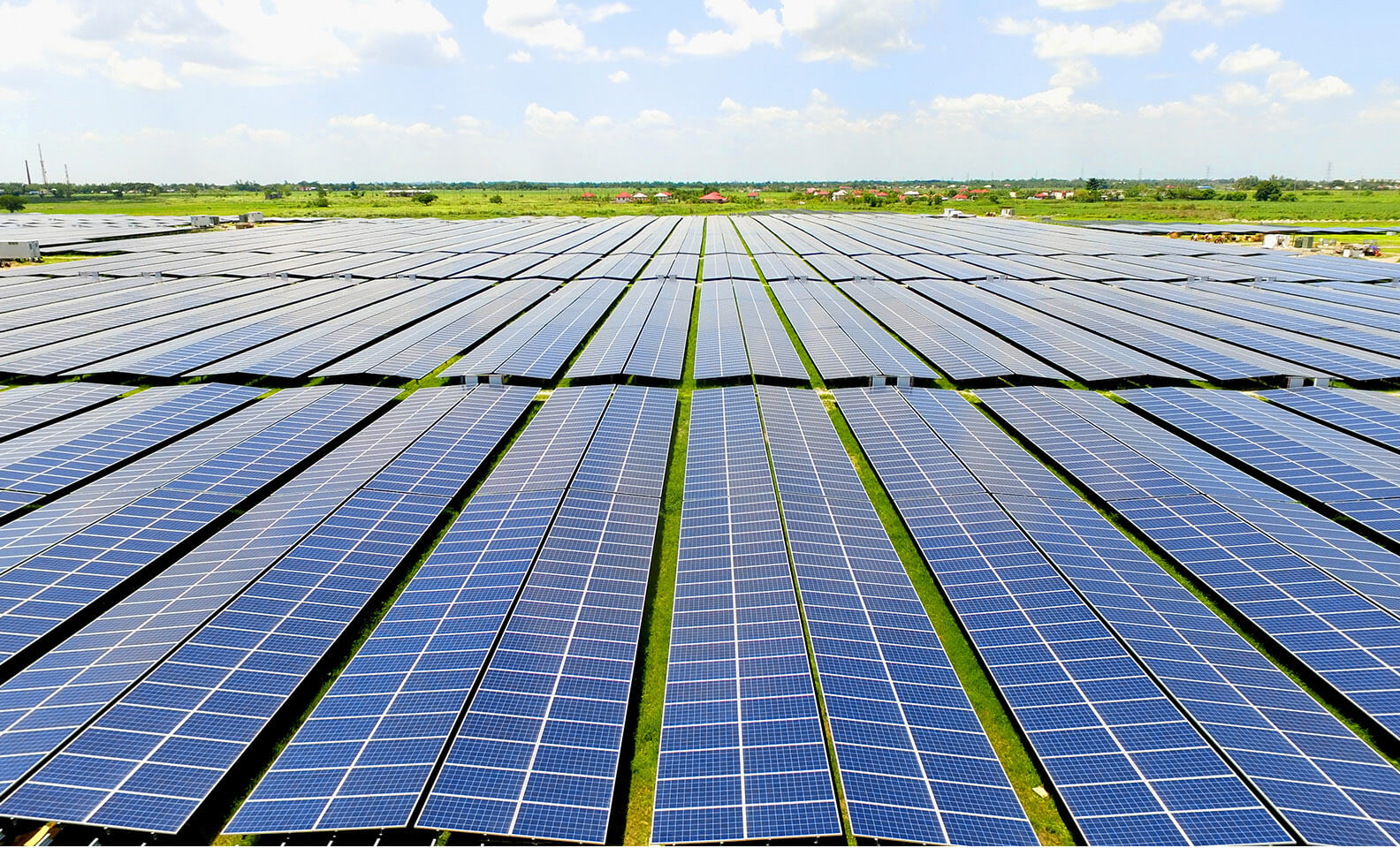PH expects 5 more RE investments this year
- May 29, 2023
- 0

The Philippine Board of Investments (BOI) has announced that there are five foreign investments in renewable energy expected this year.
According to an article by The Manila Times, Trade Undersecretary and BOI Managing Head Dr. Cerefino Rodolfo said that the majority of their projected investments—which are sizable—will go toward renewable energy (RE).
Since each of these RE investments totaled $2 billion and the majority of these international investments would be made through partnerships with local businesses, the Department of Trade and Industry (DTI) is optimistic that it will meet its goal of Php 1.50 trillion this year.
In other developments, the World Energy Investment report by the International Energy Agency (IEA) said clean energy technologies are surpassing fossil fuels in terms of investments. The report highlights that the affordability and security concerns arising from the on
Global investments in energy are expected to total $2.8 trillion by 2023, of which $1.7 trillion will go toward clean technologies like nuclear power, low-emission fuels, renewable energy, electric vehicles, grid storage, and grid infrastructure.
“Clean energy is moving fast – faster than many people realize. This is clear in the investment trends, where clean technologies are pulling away from fossil fuels,” IEA Executive Director Fatih Birol said.
The rest, totaling more than $1 trillion, will go to coal, gas, and oil.
“For every dollar invested in fossil fuels, about 1.7 dollars are now going into clean energy. Five years ago, this ratio was one-to-one. One shining example is investment in solar, which is set to overtake the amount of investment going into oil production for the first time.” Birol said.
With solar as the leading technology, low-emission electricity technologies are seen to account for 90% of investment in power generation.
Between 2021 and 2023, the annual investment in clean energy is projected to increase by 24%, driven by the growth in renewables and electric vehicles. In comparison, fossil fuel investment is expected to rise by 15% during the same period.
However, over 90% of this increase originated from advanced economies and China, posing a significant risk of creating energy disparities globally if clean energy transitions do not accelerate in other regions.